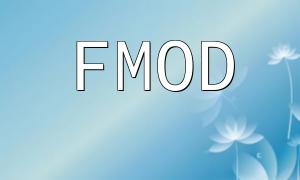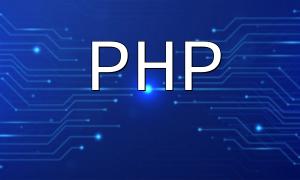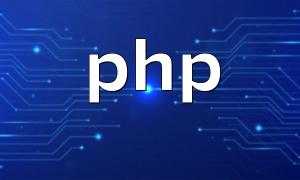In modern software development, C and PHP represent two important directions: system-level programming and web development. This article offers a comprehensive comparison of these two languages, highlighting their advantages and suitable fields to help developers make informed decisions.
C is a general-purpose, highly efficient programming language widely used in system software, embedded devices, and high-performance computing tasks. Its concise syntax and ability to directly manipulate memory make it dominant in low-level development.
High Performance: C code runs extremely fast, suitable for projects with strict efficiency requirements.
Low-Level Access: It can directly access hardware resources and memory, ideal for developing operating systems, drivers, etc.
Rich Library Support: Offers a large number of mature libraries and tools, supporting multiple programming paradigms.
Common application areas of C include:
Operating system development, such as core modules of Linux and Windows.
Embedded system development, playing a vital role especially in IoT devices.
Game engine backend development, where many large game engines rely on C’s high performance.
PHP is a server-side scripting language focused on web development. Due to its flexibility and ease of learning, it has become a mainstream choice for building dynamic websites and web applications.
Easy to learn and use, suitable for beginners to get started quickly.
Rich development frameworks like Laravel and Symfony greatly enhance development efficiency.
Active community support providing extensive open-source resources and solutions.
Dynamic website development, widely used in content management systems (CMS) such as WordPress and Drupal.
Web application development, including e-commerce, social platforms, and diverse projects.
API services providing data exchange for mobile and other clients.
Performance-wise, C significantly outperforms PHP, making it suitable for projects demanding extreme speed. PHP focuses more on rapid development and deployment, especially for web environments.
In terms of application, C targets system-level and hardware-related development, while PHP specializes in web and internet applications.
Regarding learning curve, PHP’s simpler syntax is easier for beginners, whereas C’s complexity with pointers and memory management results in a steeper learning path.
C and PHP each have their strengths, and choosing between them should depend on project needs and development goals. For performance-critical and low-level control scenarios, C is the preferred choice; for quickly building dynamic websites and web apps, PHP offers an efficient solution. Understanding their differences will help developers make optimal technical decisions and successfully advance their projects.










